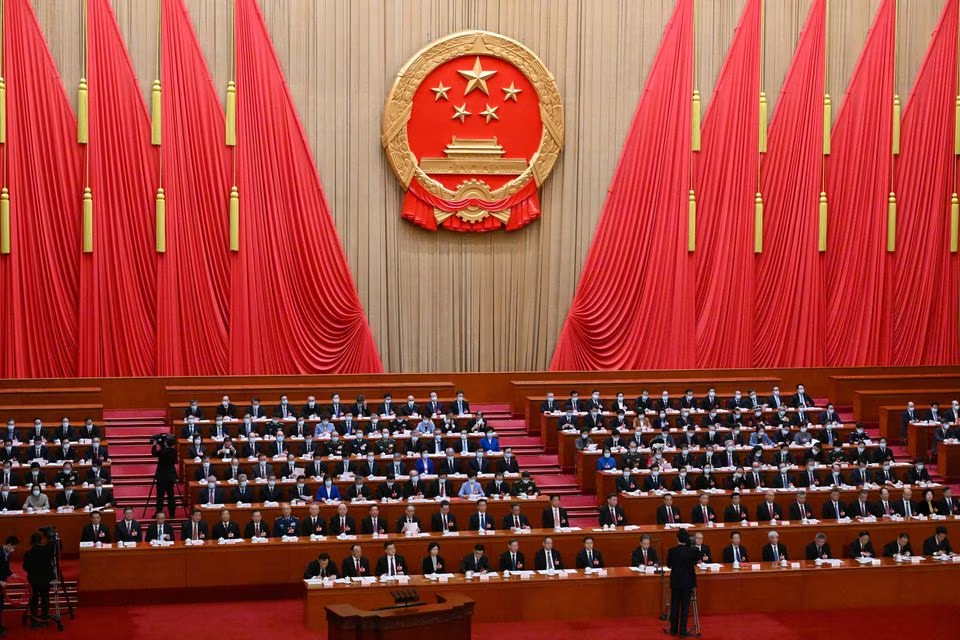
China will set up a financial watchdog run by the Communist Party as part of a broad reorganisation of governing bodies set to give the ruling party direct control and supervision over financial affairs.
The creation of the Central Financial Commission will see the dissolution of the state-run Financial Stability and Development Committee (FSDC), a powerful body set up in 2017 and headed by former Vice Premier Liu He to curb risks in China's complex and often opaque financial system.
The new watchdog will be responsible for the top-level design, development and supervision of the financial sector, strengthening "unified leadership on financial work", according to a plan published by state media.
To strengthen the ideological and political role of the party in China's overall financial system, a separate Central Financial Work Commission will also be established.
"The line between the party and the government has become decisively blurred, so there is no way that the new financial watchdogs will contradict with what the party wants," said Yan Wang, chief China strategist at Alpine Macro, a global investment firm based in Montreal.
Reuters previously reported that Beijing was planning to resurrect an elite party financial watchdog that operated between 1998 and 2003 to increase political control over the financial sector. It would be headed by a member of the seven-member Politburo Standing Committee, the party's top decision-making body helmed by Xi, sources previously said.
The revival of the high-level oversight body comes as Chinese leaders race to inject new momentum in the world's second-largest economy battered by three years of heavy COVID-19 curbs, a protracted property slump and weak external demand for the country's exports.
"From investors' point of view, the near-term impact of the regulatory overhaul is unlikely to be significant. Promoting growth is clearly Beijing's top priority, so it is unlikely to upset the market and hurt the economy with drastic policy changes," Wang said.
A detailed reform plan for state institutions was released during China's annual parliamentary meeting that concluded on Monday.
Under the State Council, helmed by the new Premier Li Qiang, China will establish the National Financial Regulatory Administration tasked with regulating the country's $57 trillion financial industry, excluding the securities sector.
The banking and insurance regulator will be abolished, and certain functions of the central bank and securities regulator will be transferred to the new financial administration.


